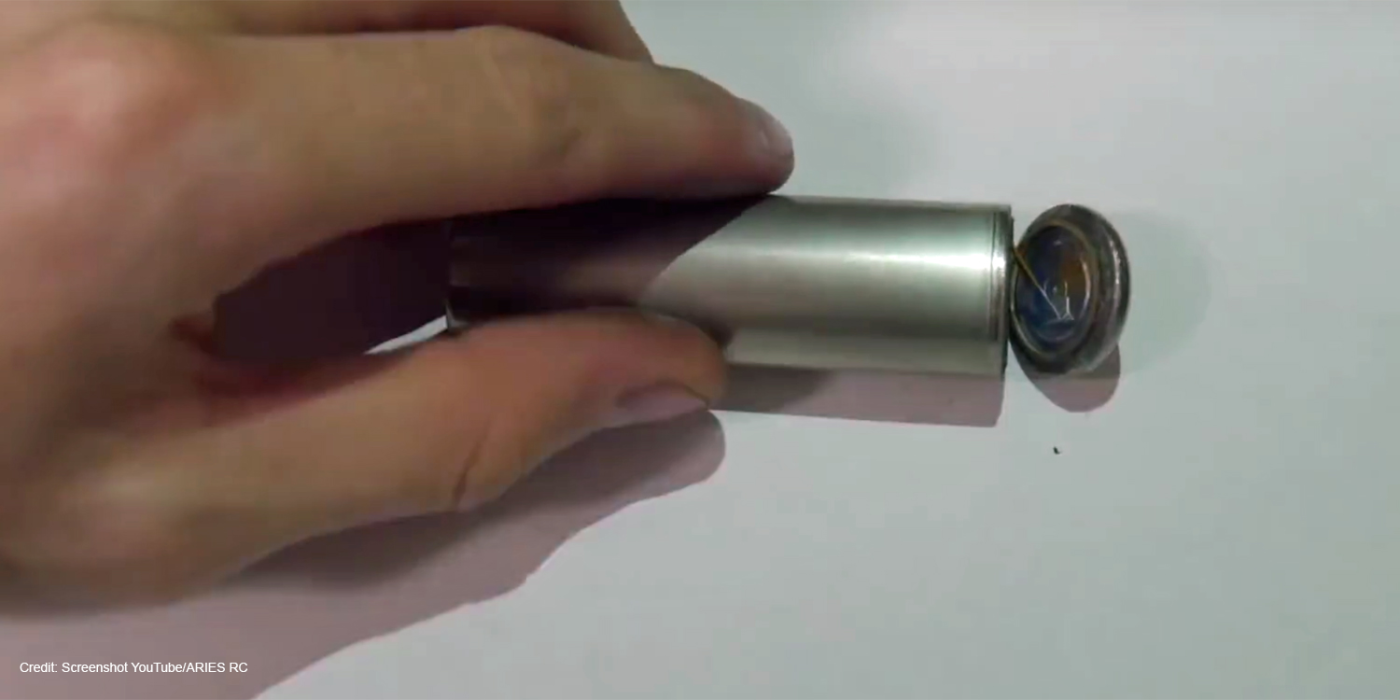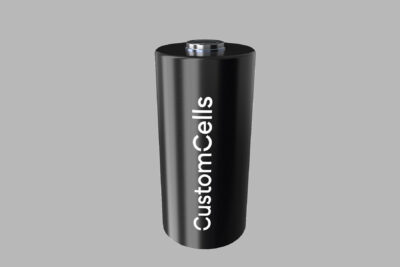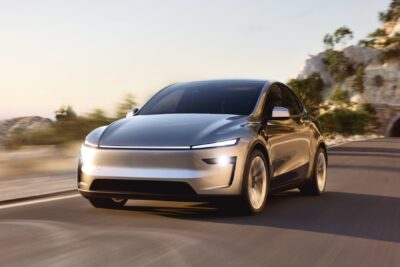New patent shows Tesla attempting to make battery packs safer
A new patent indicates that Tesla is working on making their battery packs safer in future, by isolated defective cells, so that these do not negatively impact functioning battery cells.
The background is that battery cells generate heat during the charging process, as well as when discharging their energy. Tesla has found that defective cells can produce hot gases, which then affect the functionality of the surrounding battery cells. This generally leads to a successive breakdown of the battery.
Tesla’s patent details a complex system which focuses on creating a inter-connectivity layer, that monitors and adjusts temperature and pressure in the battery pack, by isolating malfunctioning parts.
The patent was published last week, but according to the date at the top of the sheet, it was handed in on the 10th of January this year. It can be read here with all details.
The Model 3 saw the newest generation of batteries by the Californians; the cell format 2170. The company attested that the cells contain the highest energy density of any EV. This was achieved by significantly reducing the cobalt components, and increasing the amount of nickel. An overarching thermic stability was also maintained in the system. The nickel-cobalt-aluminum-cathode chemistry in the new Tesla cells is lower than in the next generation batteries of competitors, the statement also asserted.
Panasonic has been manufacturing battery cells since June 2017 in the Gigafactory 1 in Nevada. The Californians have been continuing the use of the older 18650 battery cells for their established Model X and S vehicles.
The following video shows the battery being taken apart, and demonstrates the differences in the cell structure between the old and the new battery modules.





0 Comments